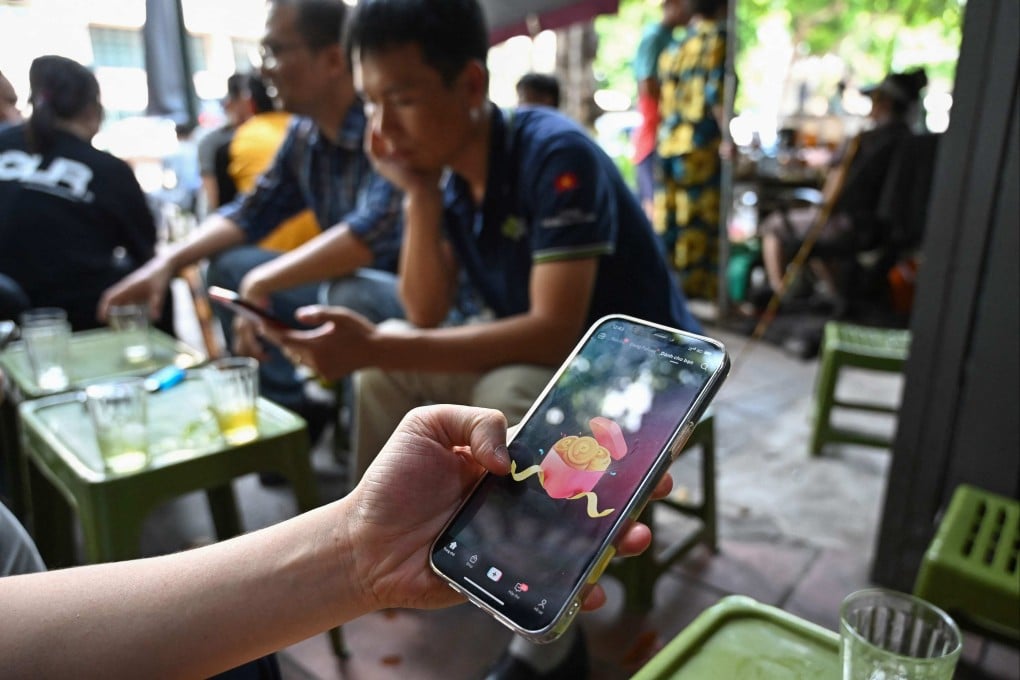Asian Angle | From ‘Chubby Bear’ to censorship, Vietnam’s approach to TikTok reveals double standards
Vietnam’s TikTok strategy involves enforcing censorship while exploiting youth-centric trends to promote pro-leader narratives

In the world of social media, bears have become unlikely emblems of digital control – one erased, the other embraced.
In China, Winnie the Pooh, the honey-loving cartoon icon, vanished online after memes comparing him to President Xi Jinping went viral, alarming censors who saw the satire as a threat. South of the border, Vietnam offers a different bear story. On TikTok, wildly popular with the youth, pro-leader accounts affectionately call Prime Minister Pham Minh Chinh “Gau U” (“Chubby Bear”), lavishing praise on his leadership.
But the “Chubby Bear” story masks Vietnam’s heavy-handed control over its leaders’ online personas. Over the past two decades, crackdowns on anti-state content have shaped Vietnam’s internet laws, chiefly targeting material that allegedly undermines national prestige, besmirches the ruling Communist Party’s image, or defames its leaders.
Examples abound. In early December, an influential TikTokker was fined 30 million dong (US$1,180) for “insulting national leaders” by comparing Ho Chi Minh, Vietnam’s most revered leader, to other celebrities. In August last year, a Facebook user in Bac Giang province faced a 7.5 million dong fine for defaming party chief To Lam in a comment. And in March, a former Miss World contestant was fined 37.5 million dong for Facebook live-streams controversially mentioning “Uncle Ho” alongside showbiz gossip.
This dynamic highlights Vietnam’s ability to leverage foreign platforms while maintaining control. Its relationship with TikTok reflects a pragmatic strategy: enforcing strict censorship to protect leaders’ reputations while exploiting the platform’s youth-centric trends to amplify its narrative. TikTok has become a space where pro-leader content thrives, showcasing the regime’s calculated grip on the digital sphere.

In a country of nearly 100 million, Facebook dominates Vietnam’s social media landscape (nearly 73 million users), followed by TikTok (68 million) and YouTube (63 million), according to DataReportal. TikTok has notched up rapid growth among younger users but faced an uncertain future in 2023 when authorities launched a sweeping investigation, threatening an outright ban. As predicted, the investigation became a tool to enforce stricter censorship, aligning with Vietnam’s strategy of controlling online narratives by compelling content removal.
.JPG?itok=nq_vQfSn&v=1735769975)